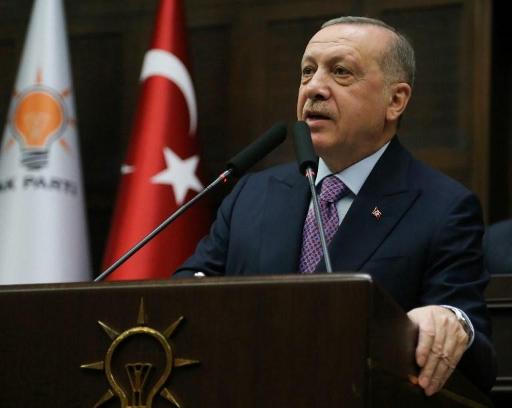Thirty-three Turkish soldiers were killed Thursday in air strikes in the Idlib region in Northern Syria. Turkish authorities say the strikes were carried out by the Damascus regime, supported by Moscow.
“Russia knew the Turkish soldiers were there,” Turkish officials said on Friday.
Russian President Vladimir Putin and his Turkish counterpart Recep Tayyip Erdogan spoke on Friday, as the tone seems to be rising between the two countries.
Foreign Minister Sergey Lavrov, Russia regrets the death of Turkish soldiers in the offensive on the Idlib region, announced Sergey Lavrov, Russian Foreign Minister. Russia is ready to work to ensure the security of Turkish soldiers in the region, the minister assures.
However, he added, according to Russian state media, that Turkey is expected to actively participate in driving out terrorist groups from this rebel stronghold.
In recent weeks, the Turkish government has repeatedly accused Russia of not sufficiently restraining the Syrian regime, which Russia is supporting.
Russia on its part accused on Thursday Turkey of violating an agreement on Syria by supporting rebels with artillery and drones in the Idlib area.
The European Union on Friday called on all parties involved in the conflict in Syria to rapidly de-escalate and warned that it will examine "all necessary measures" to protect its security interests, Josep Borrell expressed, EU’s High Representative for Foreign Affairs and Security Policy.
At today’s press briefing in Brussels (28 February), Peter Stano, the lead spokesperson for the external affairs of the EU, described the outbreak of hostilities in the Idlib region as a very dangerous escalation which has resulted in unspeakable suffering for the civilian population.
According to UN figures, the fighting has displaced up to 1 million people. They have fled north to the Syrian-Turkish border where they are living in tents or other temporary shelters, exposed to the cold, with scarce access to humanitarian assistance.
Turkey, which already hosts about 3,5 million Syrian refugees, does not allow them to cross the border. Instead the Turkish government has proposed the creation of a safe zone along the border for the displaced persons.
Asked by The Brussels Times about the options for the EU - convincing Turkey to open the border or supporting the idea of a safe zone – Stano replied that the only option right now is that the fighting and indiscriminate attacks against hospitals and civilian targets must stop.
“It’s a clear message which is repeated with increased urgency by all EU member states. Russia has to listen to it. Every responsible international actor must take it into account and do its utmost to stop this senseless human suffering.”
The Brussels Times

